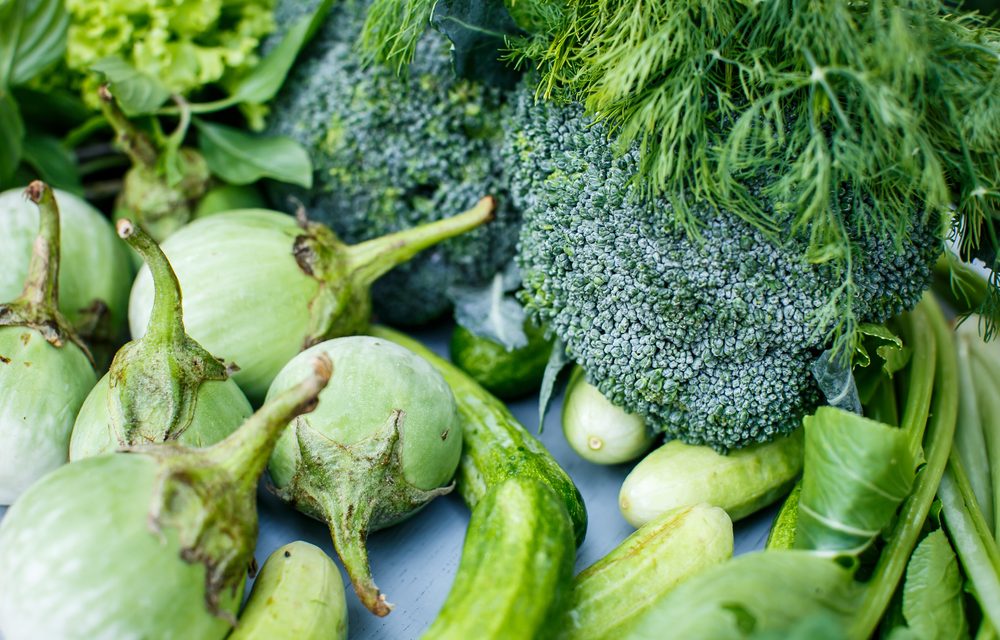What is Folate?
Folate (also called vitamin B9) is a nutrient found in many green vegetables, beans, and fortified foods. It helps your body make and repair DNA and supports the nervous system.
Why Does Folate Matter for the Brain?
When folate is low, a substance called homocysteine builds up in the blood. High homocysteine is linked to worse memory and thinking skills. Folate helps keep homocysteine in check, which may help protect brain health.
What the Older Folate Research Shows
- In a big study published in The Lancet (2007), 818 adults took either 800 µg of folic acid (a form of folate) each day or a placebo for three years. The folic acid group had a 26% drop in homocysteine and did better on memory and processing-speed tests [1].
- In another study of over 1,000 middle-aged Australians (J Nutr Health Aging, 2004), higher intakes of folate, vitamin B6, and vitamin B12 were linked to better memory performance in both men and women.
Newer Research on Folate
- A 2024 meta-analysis found that in people with Alzheimer’s disease, supplementation with folic acid and vitamin B12 did improve one type of cognitive test (MMSE) but did not improve other tests of daily functioning [3].
- Another 2024-25 meta-analysis looked at older adults (over age 60) and found that folate supplements (alone or with other B vitamins) were linked to small improvements in thinking skills, especially where food fortification was not already in place [4].
- A 2016 study in elderly Chinese people with mild cognitive problems found that 400 µg folic acid per day improved memory and reduced inflammation after 12 months [5].
Key Takeaways
- Folate is important for brain health. Low folate and high homocysteine are risk factors for memory decline.
- Supplementing folate shows promise — especially for people who eat a lot of refined and processed foods, or who don’t eat many vegetables (folate comes from the word foliage; it is found in green vegetables).
How to Support Folate and Brain Health
- Eat folate-rich foods: dark leafy greens (spinach, kale), beans and lentils, asparagus, broccoli.
- Check your B-vitamin status (especially folate, B12) and homocysteine if you’re concerned about memory or brain aging.
- Consider folate supplements if your diet lacks folate or if your doctor identifies a need.
- Combine folate support with other brain-healthy habits: regular physical activity, good sleep, low processed-food intake, stable blood sugar.
- Lancet (2007 Jan 20:369(9557)208-16) Effect of 3-year folic acid supplementation on cognitive function in older adults in the FACIT trial: a randomised, double blind, controlled trial
- Journal of Nutritional Health and Aging. (2004; 8(4):226-32 (ISSN: 1279-7707) [Role of folates in the nutrition of the elderly]
- AGING 2024, Vol. 16, Number 9 Role of vitamin B12 and folic acid in treatment of Alzheimer’s disease: a meta-analysis of randomized control trials
- Nutrients 2024, 16(14), 2199; A Comparative Study Evaluating the Effectiveness of Folate-Based B Vitamin Intervention on Cognitive Function of Older Adults under Mandatory Folic Acid Fortification Policy: A Systematic Review and Meta-Analysis of Randomized Controlled Trials
- Nature 23 November 2016 Folic acid supplementation improves cognitive function by reducing the levels of peripheral inflammatory cytokines in elderly Chinese subjects with MCI








